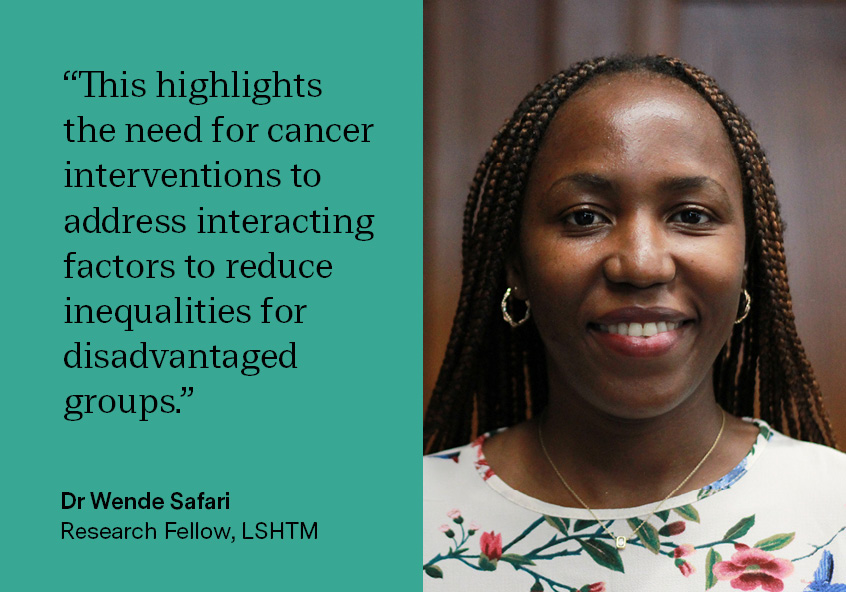A new review by LSHTM researchers reveals that most interventions to reduce cancer inequalities focus narrowly on screening, missing broader systemic issues

Researchers at the London School of Hygiene & Tropical Medicine (LSHTM) have conducted a comprehensive review of experimental interventions aimed at reducing inequalities along the cancer care pathway.
The review, published in the International Journal of Cancer, shows that most efforts remain concentrated on early detection, while significant disparities in diagnosis, treatment, and post-treatment care continue to go largely unaddressed.
The study, led by the Inequalities in Cancer Outcomes Network (ICON), analysed 56 papers covering 57 interventions published between 2005 and 2024. These interventions were evaluated through controlled experiments conducted in Organisation for Economic Co-operation and Development (OCED) countries, with the overwhelming majority (84%) based in the United States.
A key finding is the narrow focus of current interventions. Nearly 90% targeted the screening phase, while only four addressed diagnosis and just two explored treatment-related disparities. Moreover, 98% of interventions were limited to just one of three cancer types: breast, cervical, and colorectal—those with established screening programmes—leaving significant gaps for other common and high-burden cancers.
Dr Wende Safari, the first author of this paper and Research Fellow of ICON at LSHTM said: “This review shines a light on the ongoing need for future interventions to adopt an approach that recognises the concurrent and interacting factors driving inequalities along the cancer care pathway to ensure strategies effectively reduce inequalities affecting disadvantaged groups.”
Ethnicity and socioeconomic status were the most common inequality targets, with over 60% of interventions aimed at addressing racial and ethnic disparities. However, most did so by delivering educational materials—such as print leaflets, phone calls, or community workshops—rather than challenging the way healthcare is delivered. Only half of the interventions involved any system-level changes, such as reducing cost barriers or implementing patient navigation services.
The review also highlights the burden placed on individuals to engage with healthcare systems. Many interventions expected participants to read materials, attend workshops, or complete home tests—without addressing logistical or financial barriers that may prevent follow-through. Educational efforts, while well-intentioned, are often insufficient without structural support.
Associate Professor Dr Camille Maringe said: “There is a growing need to address inequalities in cancer care and outcomes, with interventions specifically designed to reduce or eliminate such inequalities. This review shows the lack of published evidence in the UK. Further investigation of initiatives addressing unequal cancer care at local level would be valuable to learn from good practices.”
One striking example of underexplored intervention areas is the treatment phase. Despite growing evidence that inequalities persist and even widen after diagnosis—affecting access to surgery, chemotherapy, and follow-up care—these stages received scant attention. The review identifies this as a major blind spot in both research and policy efforts.
Another concern is the quality and rigour of the interventions reviewed. The authors note that many studies lacked essential features such as randomisation, adequate sample size, or systematic outcome measurement. Reporting standards were inconsistent, with few studies adhering to CONSORT guidelines for experimental trials.
Public and Patient Involvement and Engagement (PPIE) was reported in around 60% of interventions, with higher rates in community-based designs. However, few interventions adopted an intersectional lens that could account for overlapping disadvantages related to ethnicity, income, geography, gender, or age.
The review calls for a more holistic and equitable approach to cancer care—one that looks beyond early detection and considers how patients move through the system, including their experiences with diagnosis, treatment, and survivorship.
Funded by Cancer Research UK, this work highlights the importance of shifting from individual-level education to systemic reform and stronger accountability for delivering equitable care across the entire cancer continuum.